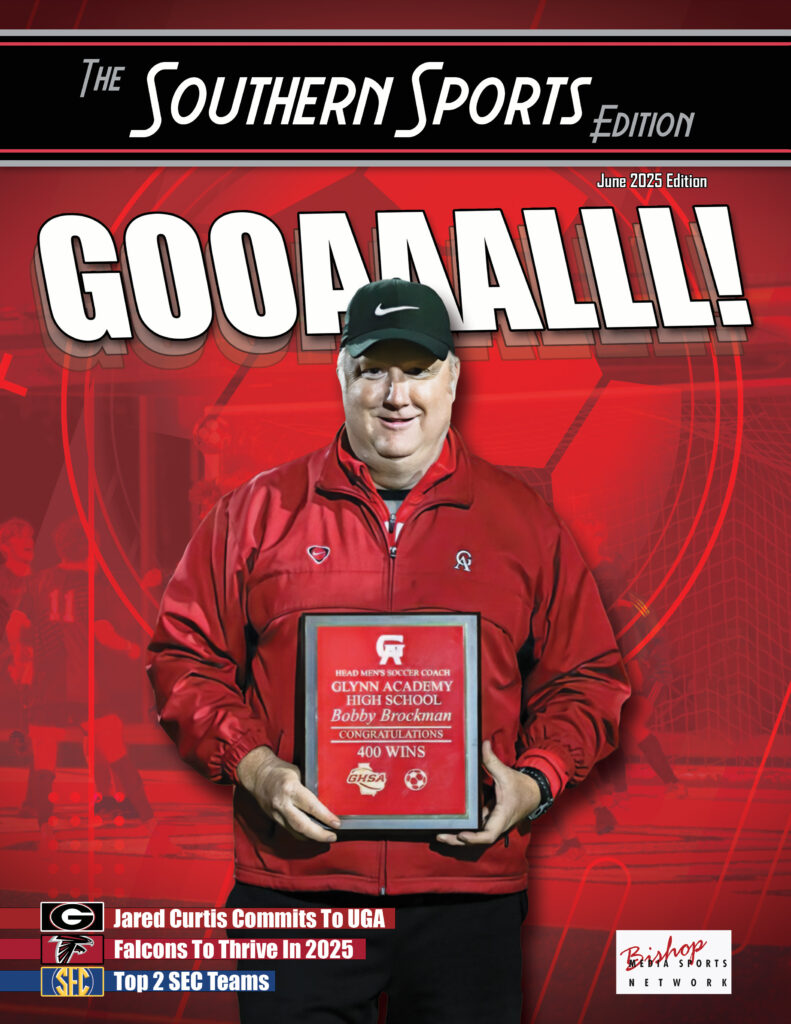NCAA Makes Improvisations For Coronavirus
The Right Thing
 By: Mike Anthony
By: Mike Anthony
TheSouthernSportsEdition.com news services
The NCAA has long been a punching bag for fans and member institutions alike and, for the most part, deservedly so.
The Indianapolis-based institution has all-encompassing power over its members, but it is often accused of being too strict in hamstringing the rights of student athletes, while also catching flack for doing too little in the face of major violations at marquee institutions.
That said, the NCAA received nearly universal applause for its quick action in the face of the ongoing coronavirus pandemic. The organization cancelled all spring sports championships – including the immensely profitable March Madness men’s basketball tournament – on March 12, weeks before many local and state governments took similarly drastic shutdown measures in the name of public health.
Cancelations were preventative in nature and aimed at decreasing the impact of the virus, but the NCAA also acted quickly in announcing that seniors participating in spring sports will be afforded an additional year of eligibility should they choose to return to school and compete again next year.
That was undoubtedly the right call to make, but there is still a long way to go in achieving that goal.
The NCAA has cleared up the question of eligibility, but the national organization has no say in how each school finds the money to afford scholarships.
The NCAA has said that it will figure out an adjustment to the scholarship limits for spring sports, but it is up to each school to figure out a way to accommodate seniors wishing to return and play while also honoring scholarships that have already been awarded to incoming freshmen.
It will likely be months before the next year of collegiate athletics can set a firm schedule, but there’s no doubt that every school will face its own set of complications moving forward.
Things will eventually get back to normal, and that will be a great day. But normal is a relative term. For fans, it will be enough to have the opportunity to go see a game and cheer on their team.
For schools, there is the much more complicated matter of putting on those events, while financing an athletic department that could be at risk for shortened 2020-21 seasons and heavily decreased ticket sales due to ongoing public health fears and economic circumstances.
It’s still far too early to know how any schools will be able to deal with this unprecedented set of circumstances. There is no easy answer, but there is one thing that is perfectly clear and that might lead to a new way of doing sports, business and athletics at the collegiate level.
Players want to play and have earned the right through their work on both the athletic and academic side.
Academic institutions routinely rely on the millions upon millions of dollars raised on the backs of those athletes and their accomplishments in order to advance the school’s brand and build bigger and better opportunities for the athletes of tomorrow.
This pandemic has caused an impasse. Athletes most definitely deserve the right to return to get their part of the agreement they signed up for.
Athletic departments will likely have to take a hit in the wallet to make that happen.
Next spring will be all about making things right on a contractual level. Everything after could lead to bigger movements about what athletes bring to their respective schools and what more should be asked of those schools to make sure that both sides are getting as much as they give.



